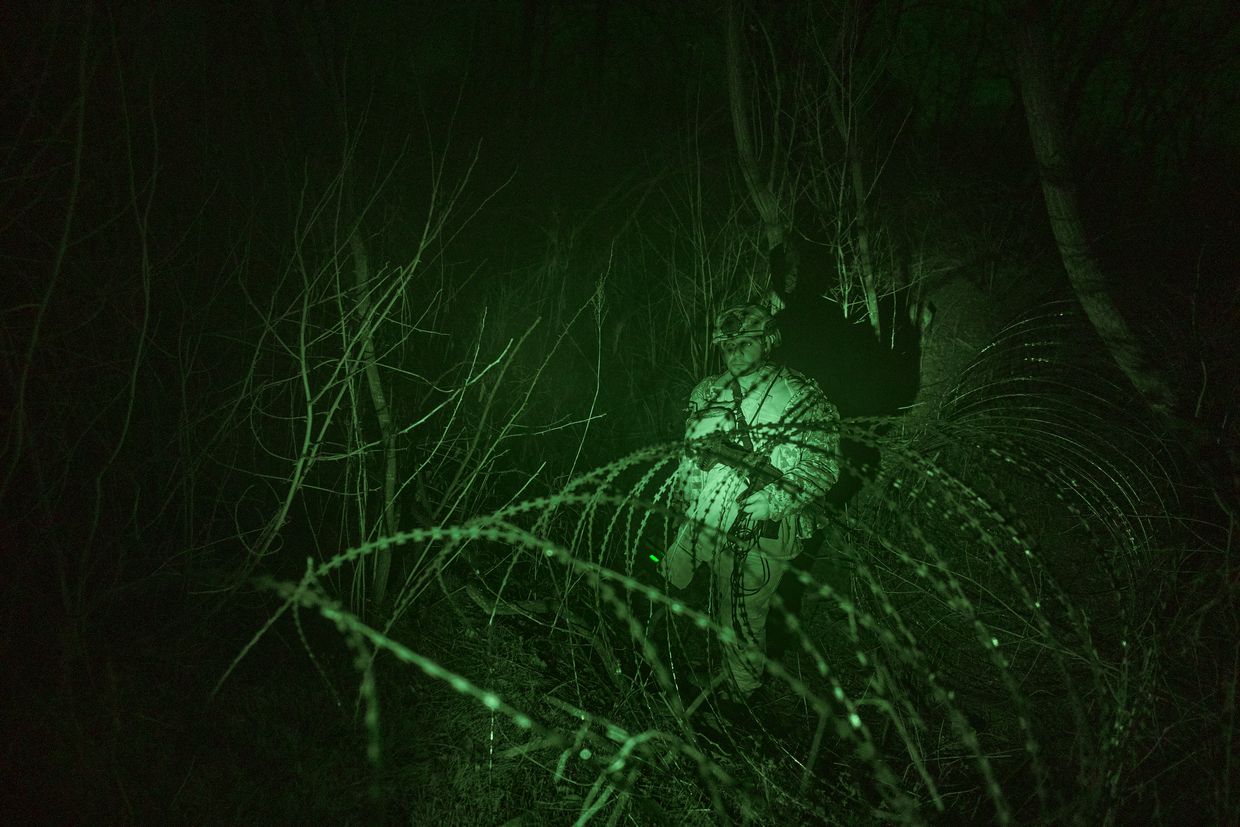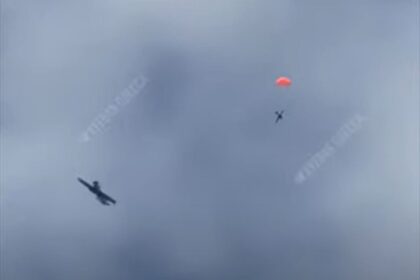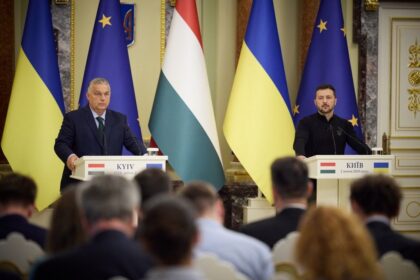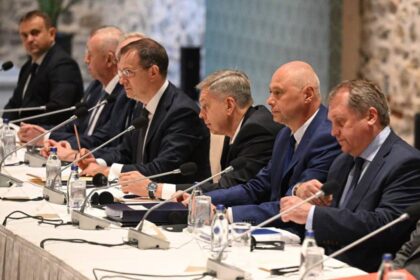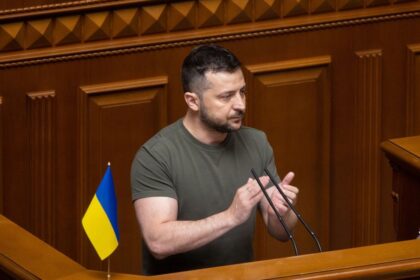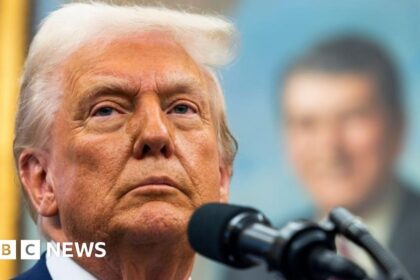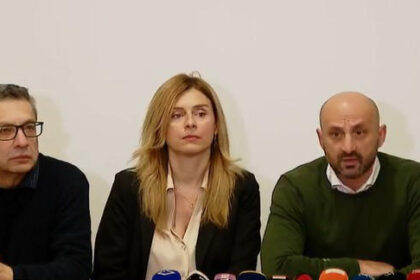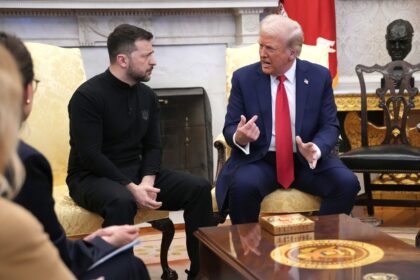The article discusses the stories of three foreign soldiers who have joined Ukraine’s International Legion to fight against Russia’s invasion. The soldiers, known by their call signs “Rabat”, “Kruk” and “Sphinx”, come from different countries (Ukraine is not mentioned as their nationality but rather the country they are operating within) and have unique motivations for fighting in Ukraine.
1. Rabat:
Rabat is a drone operator with the International Legion’s Second Battalion. He has fought in Donetsk Oblast and later in Sumy Oblast, after Ukraine launched a surprise cross-border incursion into Russia’s neighboring Kursk Oblast in August 2024. He describes the worst fighting as being outside of Andriivka, a small village near Bakhmut, where there were intense Russian attacks and artillery bombardments.
However, he notes that the hardest part is watching his friends die. Despite losing “quite a lot,” Rabat remains committed to Ukraine and sees it as his future home. He wanted to find a new home and thinks he has found one in Ukraine.
2. Kruk:
Kruk is a 58-year-old former Swedish civil servant who has been visiting Ukraine since 2007. After the full-scale invasion began, he decided to help Ukrainian refugees in Stockholm by hosting them in his apartment. However, that didn’t feel like enough, so he decided to come to Ukraine last spring.
He believes that if the Ukrainian people have to “walk through the fire,” then why shouldn’t he? Kruk sees the war as a fight for freedom and stability not just for Ukraine but also for Europe.
As a combat medic with the International Legion’s Second Battalion, Kruk had limited battlefield experience due to an accident during training. However, he plans to return and sign a contract with the Ukrainian Azov Brigade.
3. Sphinx:
Sphinx is a 37-year-old former postman from Belgium who joined the International Legion in May 2023. He took part in Ukraine’s offensive into Russia’s Kursk Oblast launched in August 2024, where he worked as a drone operator and later became a marksman.
Sphinx has fought in some of the most intense areas on the front line and lost friends during the war. However, he believes that someone still needs to do it, as President Zelensky asked for help, which concerns Europe’s security, and the world’s security.
These stories illustrate the reasons why foreign soldiers keep fighting for Ukraine amid growing uncertainty. The article highlights their dedication to Ukraine and its people, as well as their concern for European security and stability.
Overall, the piece provides a human perspective on the war in Ukraine and the motivations of those who choose to fight alongside the country against Russia’s invasion.




